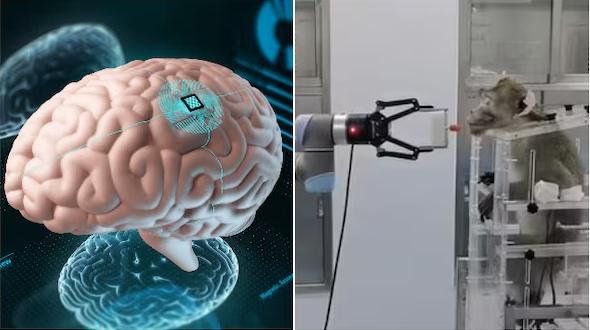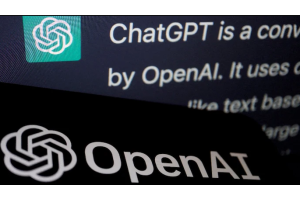Chinese Scientists Develop World’s First Open-Source Brain-on-Chip Interface System

Chinese scientists have achieved a groundbreaking milestone by developing the world’s first open-source brain-on-chip interface system. This remarkable fusion of living and non-living components directly links the electrical activity of the brain to an external chip, opening up exciting possibilities for brain-computer interfaces (BCIs) and human-robot interaction.
Researchers at Tianjin University and the Southern University of Science and Technology collaborated on this pioneering project. The system combines a brain organoid (derived from human stem cells) with a neural interface chip. Brain organoids are tissue structures that mimic certain aspects of the human brain and can establish functional connections with the host brain. The neural interface chip encodes and decodes stimulation feedback, enabling bidirectional communication between the brain and external devices.
The brain-on-chip system allows the robot to perform tasks through “mind control.” It can avoid obstacles and grip objects based on brain signals. This technology could lead to the development of hybrid human-robot intelligence, where brain-like computing enhances robotic capabilities. BCIs aim to merge the brain’s electrical signals with external computing power. China has prioritized BCI research.
Brain organoids are derived from pluripotent stem cells and exhibit advanced maturation. Challenges include developmental maturity and nutrient supply. Researchers have used low-intensity ultrasound to enhance organoid integration within the brain.
The system represents a significant leap toward brain-like computing and opens doors to innovative applications. China’s commitment to BCI research positions it at the forefront of this transformative field.
This open-source brain-on-chip system holds immense promise, bridging the gap between biological and artificial intelligence. As we unlock its full potential, we may witness unprecedented advancements in robotics, healthcare, and human cognition.





